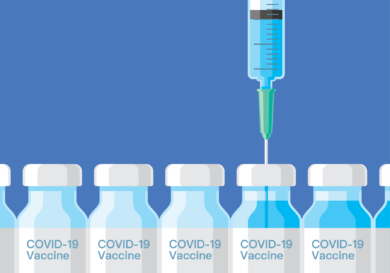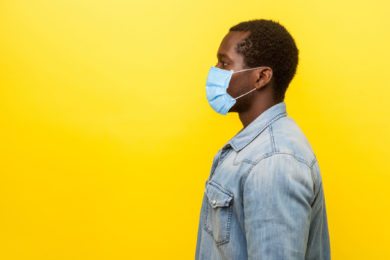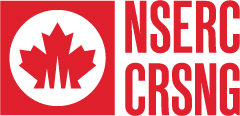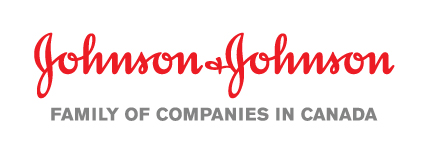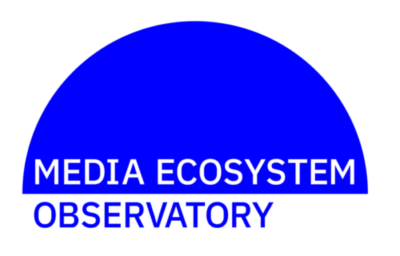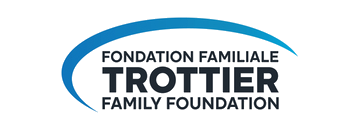
COVID-19 Vaccine Skepticism in Canada
Join us for a 6-part report series focused on attitudes about COVID-19, vaccine hesitancy, public trust and support for government, and how this is all changing over time. These reports ask what lessons we might learn from a COVID-19 vaccine roll-out that can be applied more generally to vaccine skepticism. The project is authored by Dr. Peter Loewen and is based on data collected by the Media Ecosystem Observatory (MEO):
- Report 1: The Waiting is the Hardest Part (January 19)
- Report 2: Support for a Canadian ‘Vaccine Passport’ (February 16)
- Report 3: Do Vaccine Brand Preferences Exist? (March 16)
- Report 4: Do We Still Have a Consensus Around COVID-19 (April 20)
- Report 5: Reaching the Vaccine Hesitant (May 18)
- Report 6: Three Areas in Which Pandemic Management Could Have Been Better – A Retrospective Report (July 28).
Building off PPF’s successful Science Disinformation in a Time of Pandemic project, this project asks how a COVID-19 vaccine will succeed and offers practical and tactical advice to governments.
There is a widespread belief that a vaccine will end the pandemic and allow a return to normalcy. However, that belief relies heavily on assumptions about herd immunity and ignores fundamental questions. What would be the impact of 35 percent of Canadians not getting a vaccine or 55 percent of Americans? It is not as simple as saying once a vaccine is widely rolled out, the pandemic will be over. There are issues of availability, accessibility, governance, and public trust. Any one of these challenges may impact COVID-19 vaccine skepticism and foster online dis/misinformation, and in some ways, hinge on a sufficient value proposition disseminated by public health authorities in Canada.
The COVID-19 Vaccine Skepticism project will leverage PPF’s expertise in digital democracy and public trust. It will also build from PPF’s Science Disinformation in a Time of Pandemic which seeks to understand the science disinformation landscape through the lens of COVID-19, and what can be done about it.
From January to July, we will release a web editorial authored by Dr. Peter Loewen and supported by original public opinion data gathered in collaboration between Public Policy Forum, the Policy, Elections & Representation Lab at Munk School of Global Affairs and Public Policy, and Media Ecosystem Observatory.






